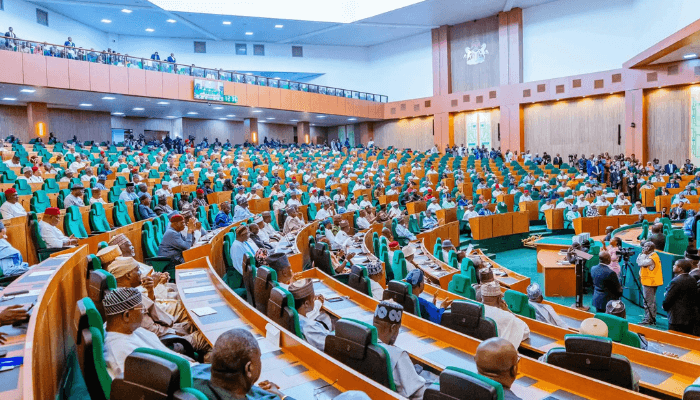Nigeria has taken a major legislative step toward tackling illegal wildlife trade and habitat destruction with the passage of the Endangered Species Conservation and Protection Bill, 2024, through its third and final reading in the House of Representatives.
The landmark bill will now move to the Senate for concurrence before proceeding to the President for assent.
The Bill introduces tougher penalties for wildlife crimes, grants investigators expanded powers to trace financial transactions linked to trafficking networks, and aligns Nigeria’s legal framework with international conservation treaties. It is designed to modernise and strengthen the country’s ability to combat serious and organised wildlife trafficking—an increasingly urgent issue both domestically and globally.
“This Bill sends an unambiguously clear message that Nigeria will not tolerate the use of its borders for trafficking of illegal wildlife products, such as pangolin scales and ivory, to foreign markets,” said Terseer Ugbor, deputy chairman of the House Committee on Environment and sponsor of the legislation. “By modernising our laws, we want to ensure that future generations will continue to benefit from the ecological and economic value of our biodiversity.”
Read also: Nigeria’s wildlife tourism to generate N12.3 trillion by 2032 – Wild Africa
Nigeria has become a key transit point in the global illegal wildlife trade, with the country implicated in the smuggling of over 30 tonnes of ivory since 2015, and more than 50 per cent of all pangolin scales seized worldwide between 2016 and 2019. These trends have placed Nigeria in the crosshairs of international conservation watchdogs, making today’s legislative progress particularly significant.
The new legislation seeks to address enforcement gaps by giving investigators authority to carry out intelligence-led operations and recover proceeds of wildlife crime. It also empowers judges to fast-track cases and ensure assets linked to traffickers are seized efficiently.
The Bill has been widely welcomed by environmental and conservation organisations, both in Nigeria and abroad.
Tunde Morakinyo, executive director of Africa Nature Investors Foundation (ANI), applauded lawmakers for their commitment:
“The steady progress of this bill is a testament to Nigeria’s firm commitment to strengthening wildlife governance, combating wildlife trafficking, and positioning itself as a leader in conservation. The lawmakers and leadership of the House of Representatives deserve commendation for their vision and dedication.”
Mary Rice, executive director of the UK-based Environmental Investigation Agency (EIA UK), echoed the praise:
“EIA commends the work of Nigeria’s lawmakers in continuing to support this important legislation, which demonstrates the country’s commitment to ensuring regional security and tackling the scourge of international trafficking networks.”
Peter Knights, CEO of Wild Africa (WA), also hailed the development, calling it:
“A great step forward for Nigeria to lead the region in combating wildlife crime.”
All three organizations—ANI, EIA UK, and WA—have played an active role in supporting Nigeria’s efforts to curb illegal wildlife trade, with support from key international donors, including the UK Illegal Wildlife Trade Challenge Fund, the U.S. Bureau of International Narcotics and Law Enforcement Affairs, and the Pangolin Conservation Fund.
If adopted by the Senate and approved by the President, the Endangered Species Conservation and Protection Bill, 2024, will mark a turning point in Nigeria’s approach to environmental and biodiversity protection, strengthening the country’s position as a regional leader in wildlife conservation.

